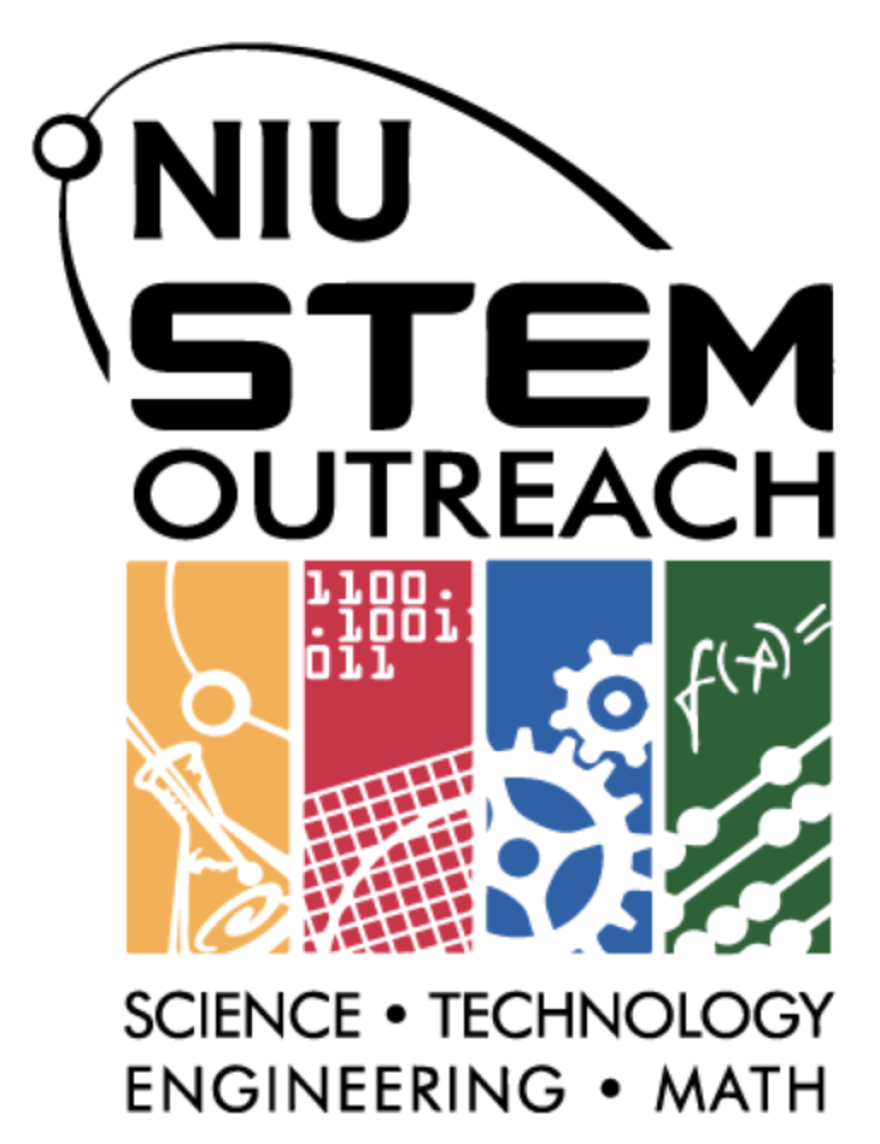Alexis: Welcome to the Sound of Science on WNIJ. I’m Alexis from NIU STEM Outreach.
Idalia: And I’m Idalia. Today we will be discussing American biomedical engineer, Nina Tandon.
Alexis: Dr. Tandon grew up in New York City with two siblings with visual impairments. It’s no wonder why she chose to investigate the electrical currents that underline the nervous system.
Idalia: As a kid, she often took apart electronics to try to understand them from the inside out.
Alexis: Tandon went on to study Biomedical Engineering and earned her PhD from Columbia. She focused her research on studying electrical signals in engineered tissues, such as cardiac, skin, bone, and neural tissues.
Idalia: Her studies in both bioengineering and business came together as she and a colleague created EpiBone, the world’s first company to grow living human bones for skeletal reconstruction. EpiBone uses stem cells from patients in need of new bones to produce skeletal structures based on each individual DNA profile. This decreases rejection, simplifies surgeries, and shortens recovery time.
Alexis: Since Dr. Tandon made such a giant leap for bioengineering innovation, it’s clear why she received awards such as "One of the 100 Most Creative People in Business" by Fast Company and "Global Thinker" by Foreign Policy.
Idalia: She is an inspirational woman who completed what was once thought to be impossible. Yet, she is far from being done. Her company’s bioengineered tissues are being used for testing pharmaceuticals without using rats or humans. She says “Our process is essentially transforming biotechnology and pharmacology into information technology, helping us discover and evaluate drugs faster, more cheaply and more effectively.
Alexis: Tune in next week where we go into detail about more women in STEM. This has been the Sound of Science on WNIJ.
Idalia: Where you learn something new every day.


